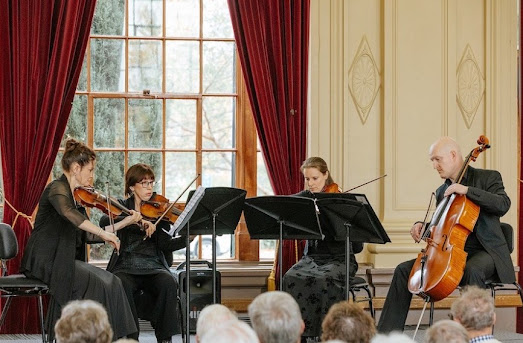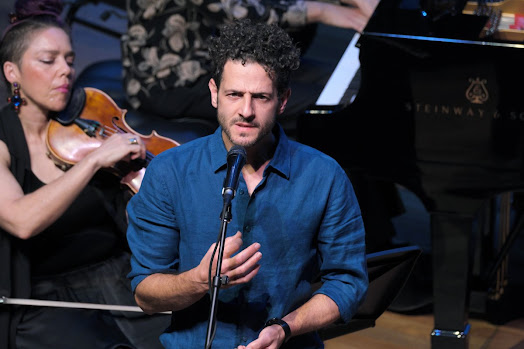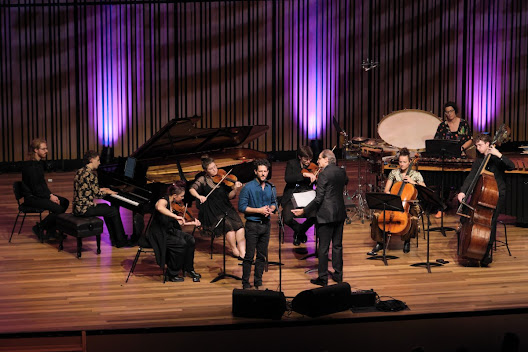Written by Patrick Hamilton
Adapted by Johnna Wright and Patty Jamieson
Directed by Lee Lewis
Presented by Rodney Rigby and Queensland Theatre
Canberra Theatre, Canberra Theatre Centre to 19 May
Reviewed by Len Power 15 May 2024
“Gaslight” was, first of all, a British play of 1938 called “Gas
Light” by Patrick Hamilton. The play had a long run on Broadway in 1942,
re-titled “Angel Street”, and was made into two movies, both called “Gaslight”.
There was a 1940 British film and the more famous American film of 1944 that
starred Ingrid Bergman and Charles Boyer. This current adaptation by Johnna
Wright and Patty Jamieson, premiered at Canada’s 2022 Shaw Festival.
While there are variations in the different versions, they are all about a husband trying to drive his wife insane, with theft as the motivation. While the term, “gaslighting” is not used in any of the versions, the play’s plot inspired the modern use of the term as a verb to describe the manipulation of people in a similar way to that of the wife in the play.
The performances of the cast of four were excellent. Geraldine Hakewill as Bella, the wife, gave a fine study of a nervy woman doubting herself at the start of the play and growing subtly stronger as the play progresses. Toby Schmitz was very effective as the evil husband, Jack, and Kate Fitzpatrick brought an impressive depth to her role as the stern housekeeper, Elizabeth. Courtney Cavallaro maintained a fine air of mystery in her role as the new maid, Nancy.
It’s certainly an expensive-looking period production with a substantial and detailed set and costumes designed by Renée Mulder. Amongst the impressive aspects of a generally clever sound design by Paul Charlier was the atmospheric sound of gas lamps being turned on and burning. However, the mysterious sounds from rooms above, that no-one but the wife can hear, sounded like a heavy locomotive being moved around. It was unbelievable that no-one else could hear it.
The play has a strong first act that plays very well with a particularly clever and startling moment just before the end. Unfortunately, the second act is not as effective, with a loss of tension and strange character motivations as well as dialogue near the end that is just laughable. The director, Lee Lewis, has staged it well but a good director cannot overcome script problems.
This adaptation of the play has been promoted in the media as “liberating” and “re-imagined”. It implies that the original play is somehow faulty and needed fixing. A quality amateur production of the original play was performed here by Canberra REP in 2015. It played much better than this misguided version.
Len Power's reviews are also broadcast on Artsound FM 92.7 in the ‘Arts Cafe’ and ‘Arts About’ programs and published in his blog 'Just Power Writing' at https://justpowerwriting.blogspot.com/ .




















